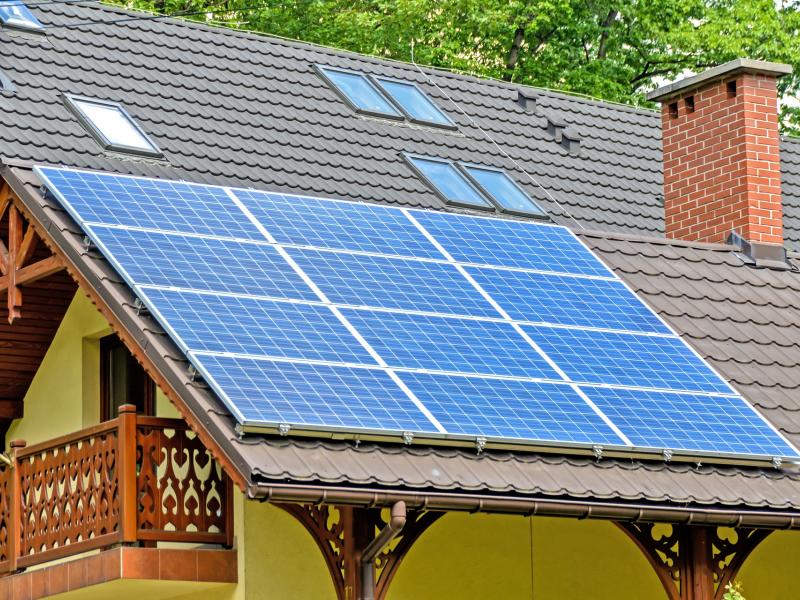
Sustainability is the wave of the future for new homes as well as home revisions. Thinking about where and how the construction products you choose are made is important to keep our resources plentiful.
Gone are the days of endless waterfall showers and countertops sourced and imported from far away places. More people are heading in the direction of low flow toilets and multi pane windows for a more efficient footprint. The goal to save money and energy by installing measures to reduce the impact a house has on the environment is an important part of the search for a new home. Seeing these features in a future home or improving on the home you own is becoming more and more popular. The good news is that while these changes may raise the selling price of a home or cost money in the beginning the investment will eventually save you money as the years pass.
One of the ways to control how your impact on the environment is felt is to make sure that the size of your home does not exceed your needs. Having and sustaining only what is needed will cut down on future wasting of resources.
Making sure your home is insulated properly will allow you to only expend the energy necessary to heat and cool your home efficiently. Having well sealed multi pane windows, doors and fixtures will make sure that no unwanted air is getting in or out. Smart thermostats allow you to control the temperature of your heating system allowing you to control its efficiency.
If you are in a region that benefits from an over abundance of sunlight you may opt for solar panel installation. The cost of the systems are coming down and it might be something to look into. If the cost of solar panels becomes too much to bear one may opt to install light colored shingles that retain less heat and will allow for a cooler home.
Lights in the home should be transferred to LED bulbs and fixtures. This will save a significant amount of energy. Allowing natural light to flow into the home is also a good choice when faced with a new construction situation.
Using landscaping that uses less water is another way to make your ecological footprint less impactful. Being able to reclaim rainwater to be used as an irrigation tool is key. Shade trees along your house will lessen your dependency on your air conditioning.
Being aware about what is best for the area you live in will help you reap the benefits of choosing a sustainably conscious way of living.

